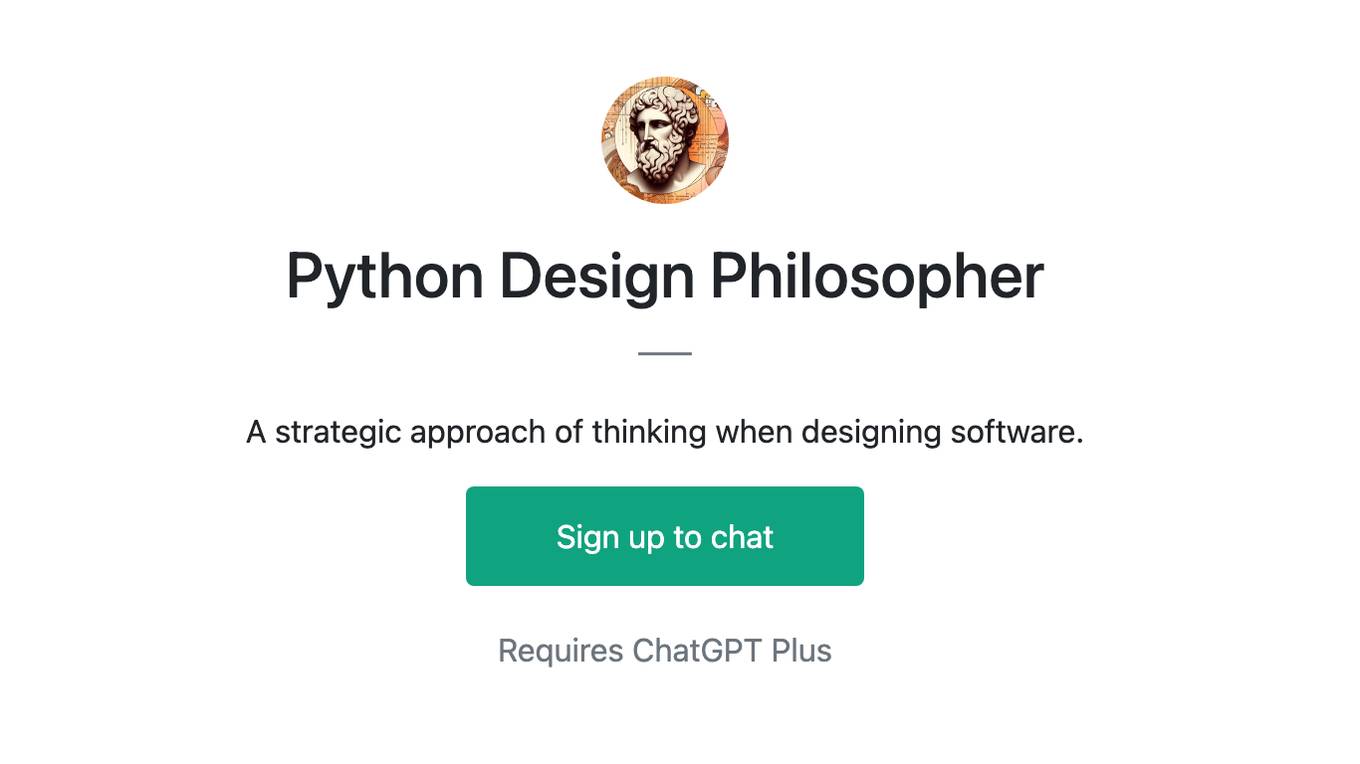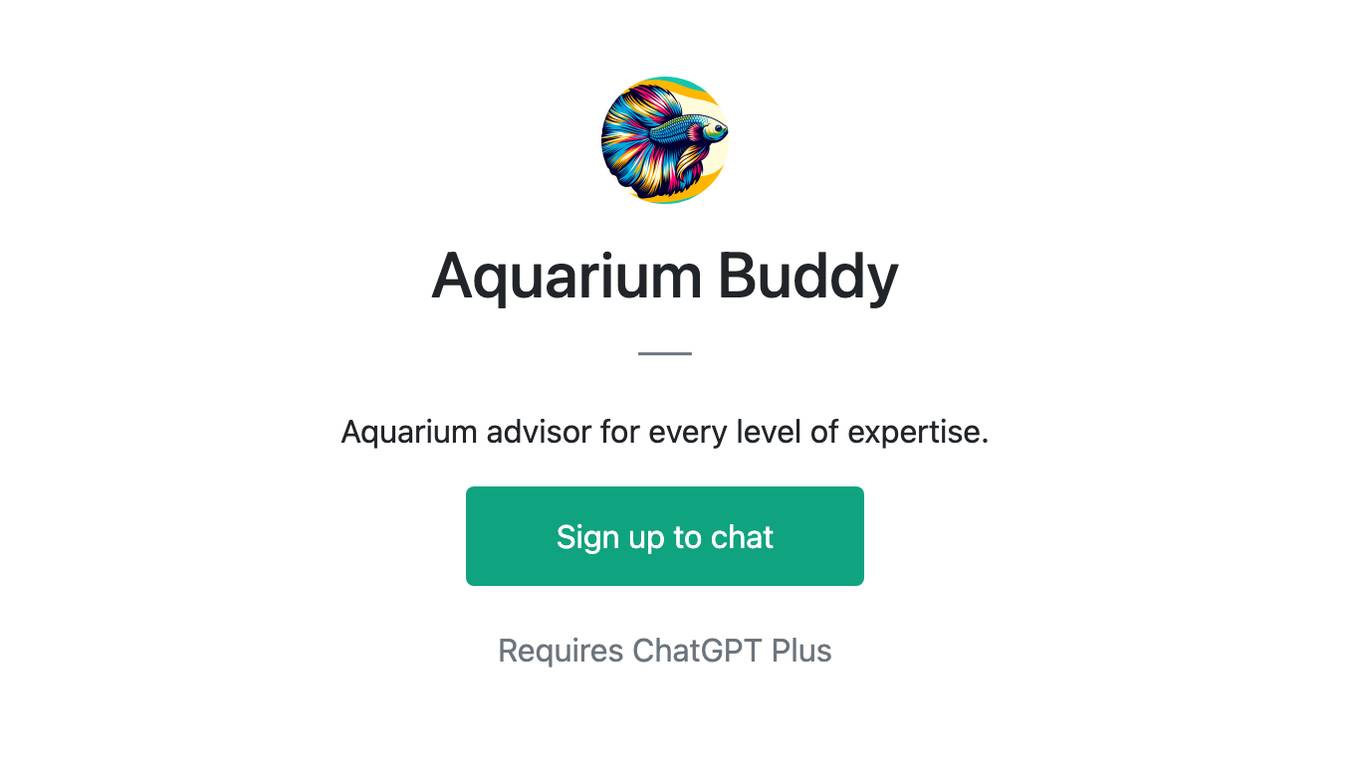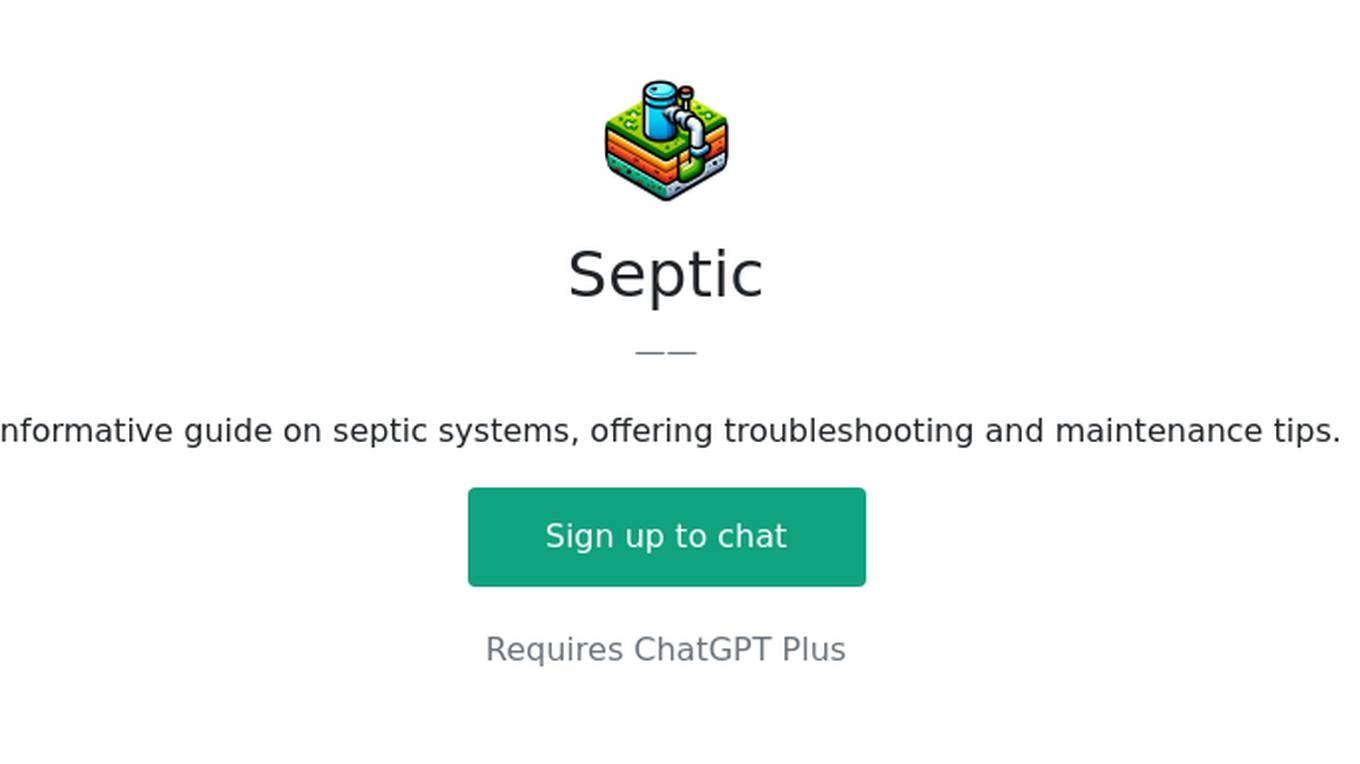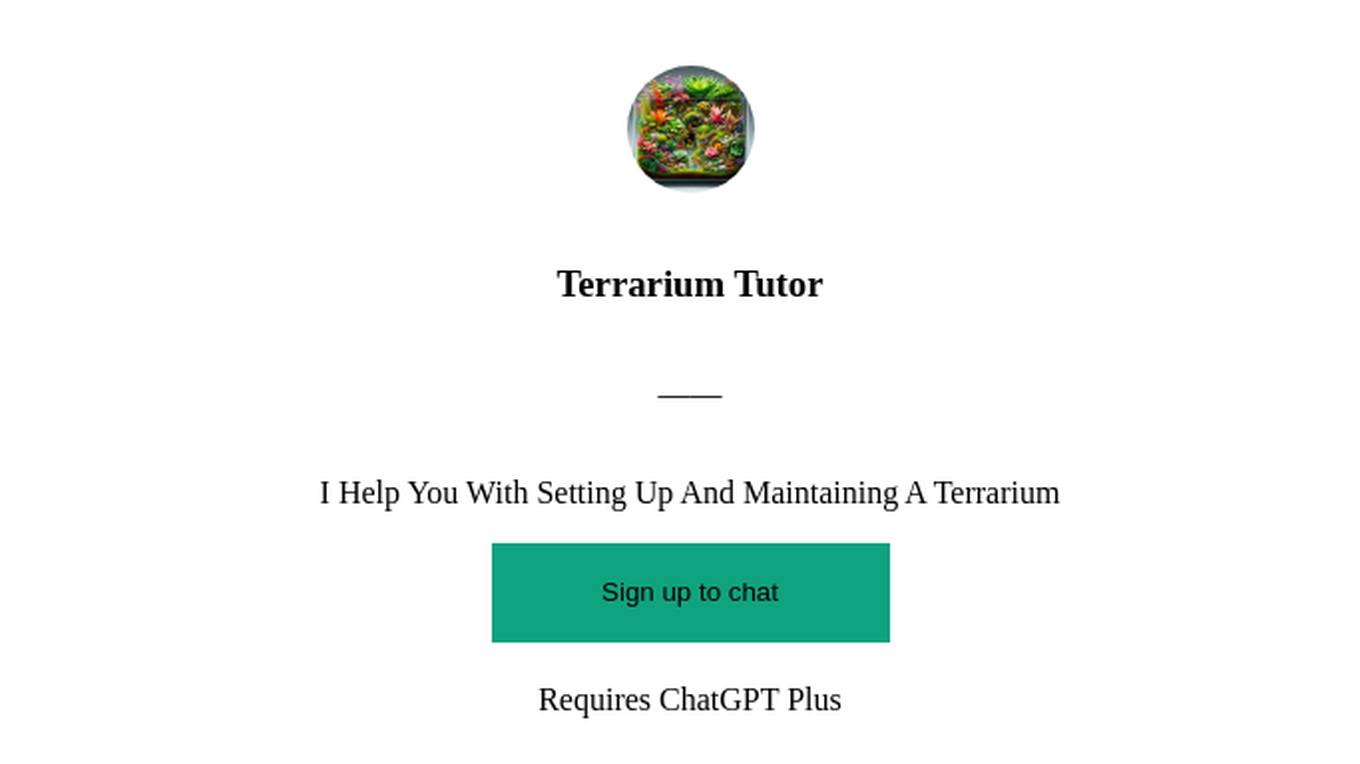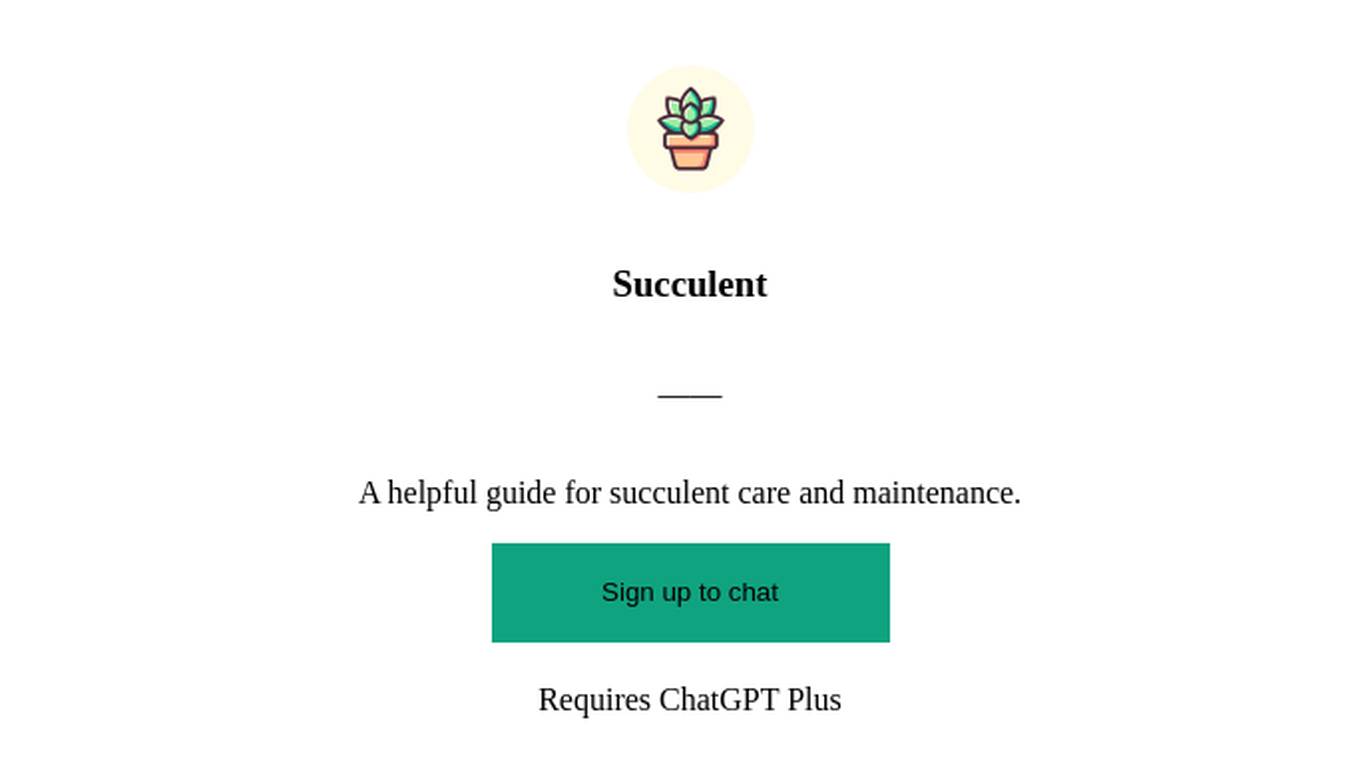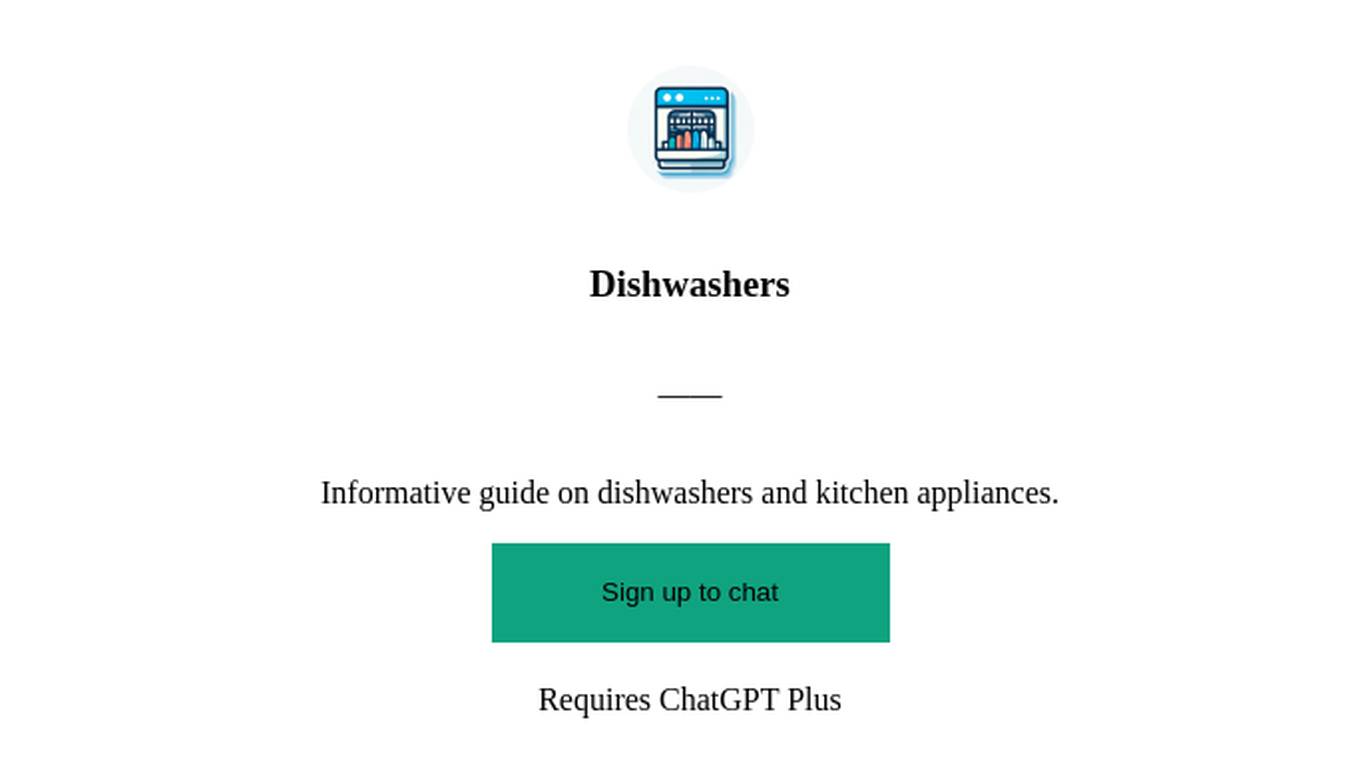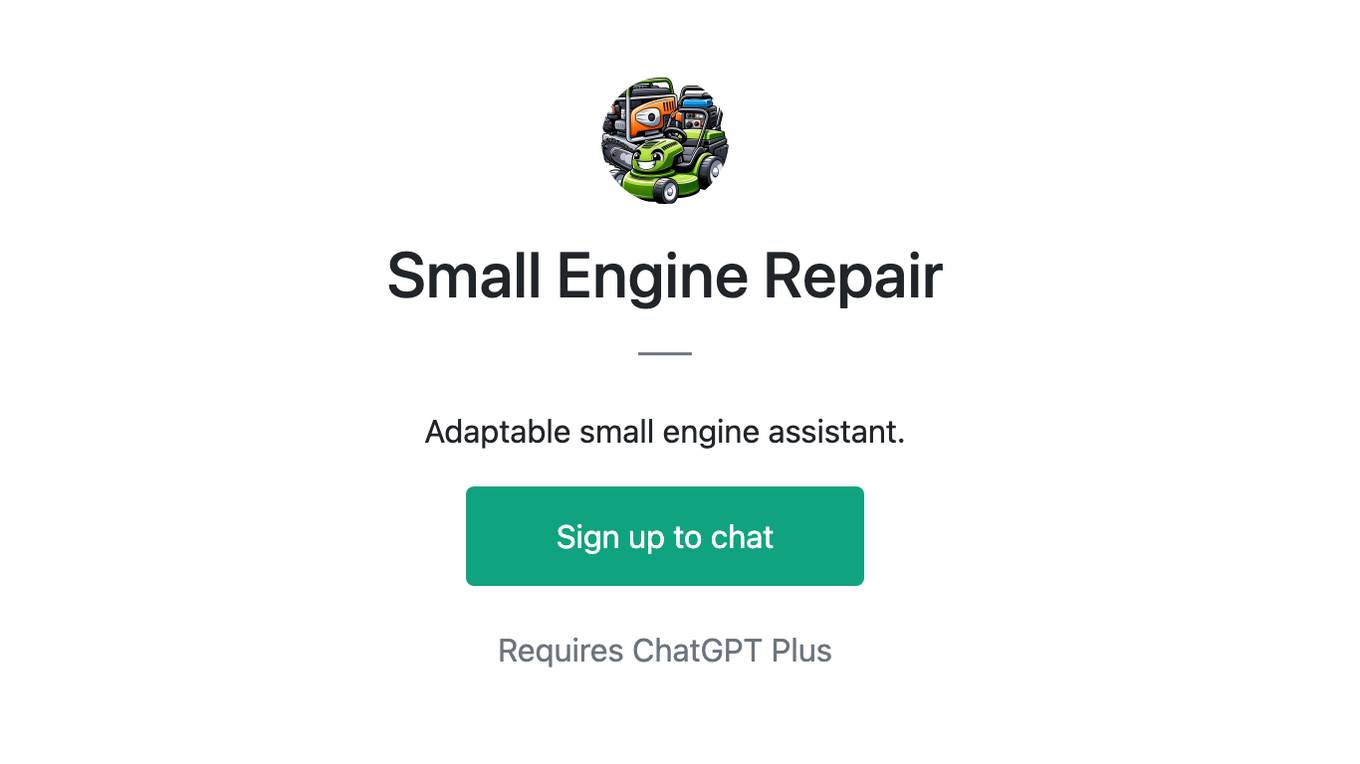Best AI tools for< Maintain Architecture >
20 - AI tool Sites
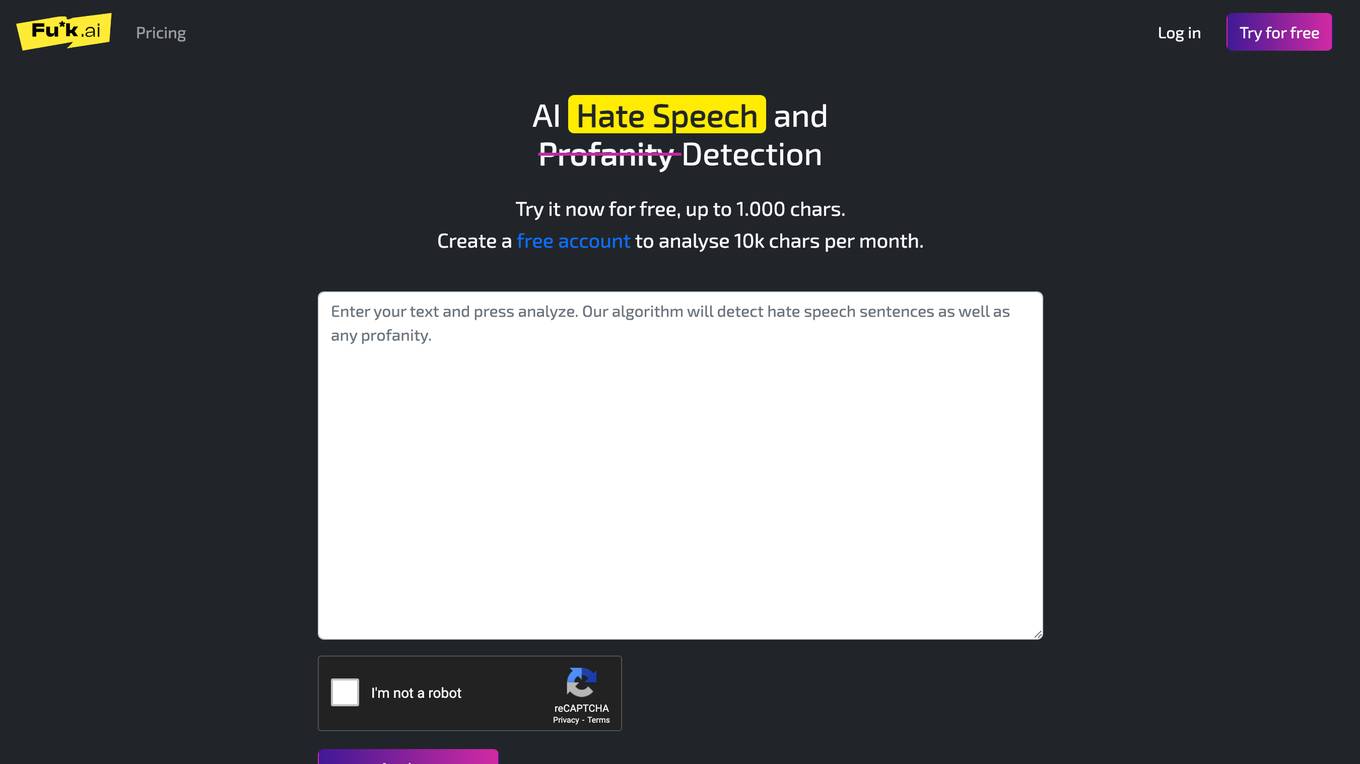
Fuk.ai
Fuk.ai is a hate speech and profanity detection tool that utilizes Transformer-based neural network architectures with advanced natural language processing capabilities to filter out hate, bigotry, and profanity from online content. It offers a free software pricing model and allows users to analyze up to 1,000 characters for free. By creating an account, users can analyze up to 10,000 characters per month. Fuk.ai can be integrated into user-generated apps and websites to maintain a positive online environment.

Leapwork
Leapwork is an AI-powered test automation platform that enables users to build, manage, maintain, and analyze complex data-driven testing across various applications, including AI apps. It offers a democratized testing approach with an intuitive visual interface, composable architecture, and generative AI capabilities. Leapwork supports testing of diverse application types, web, mobile, desktop applications, and APIs. It allows for scalable testing with reusable test flows that adapt to changes in the application under test. Leapwork can be deployed on the cloud or on-premises, providing full control to the users.
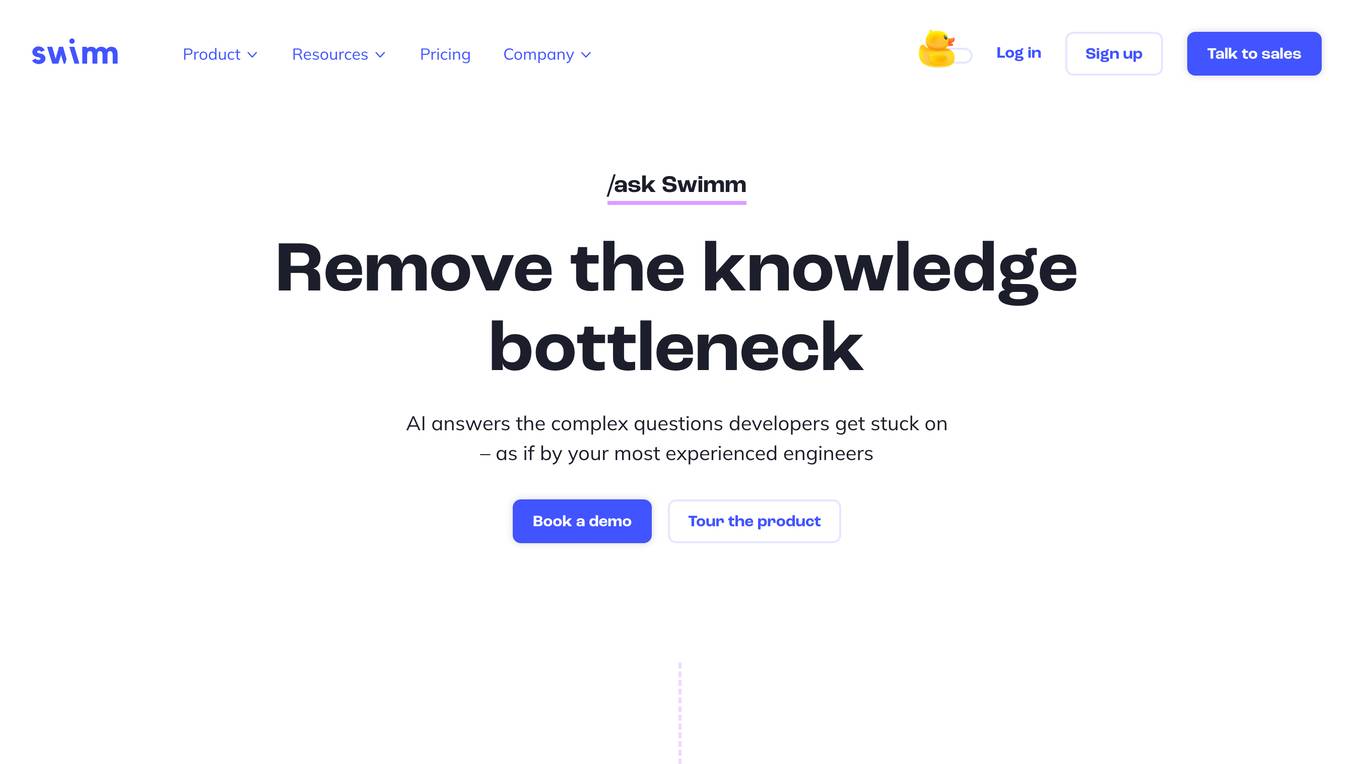
Swimm
Swimm is an Application Understanding Platform that helps users modernize and maintain their legacy code by automatically reverse engineering applications, creating a living inventory of programs and dependencies, uncovering business logic buried in code, and enabling users to plan migrations and align teams around clean architecture. It combines advanced deterministic code analysis with AI to deliver reliable results, ensuring accurate explanations and surfacing all relevant information. Swimm is secure, scalable, and customizable, allowing users to document large codebases quickly and efficiently.

Maintain-AI
Maintain-AI is an automated pavement assessment tool that utilizes cutting-edge computer vision and AI technologies to simplify and accelerate road assessments. The tool enables road asset professionals to make informed decisions based on objective data, maximizing the value of available budgets and ensuring timely interventions. Maintain-AI aims to improve the management of infrastructure assets such as roads and bridges by offering a solution that supports more frequent and consistent road inspections, leading to cost savings and increased efficiency in maintenance activities.
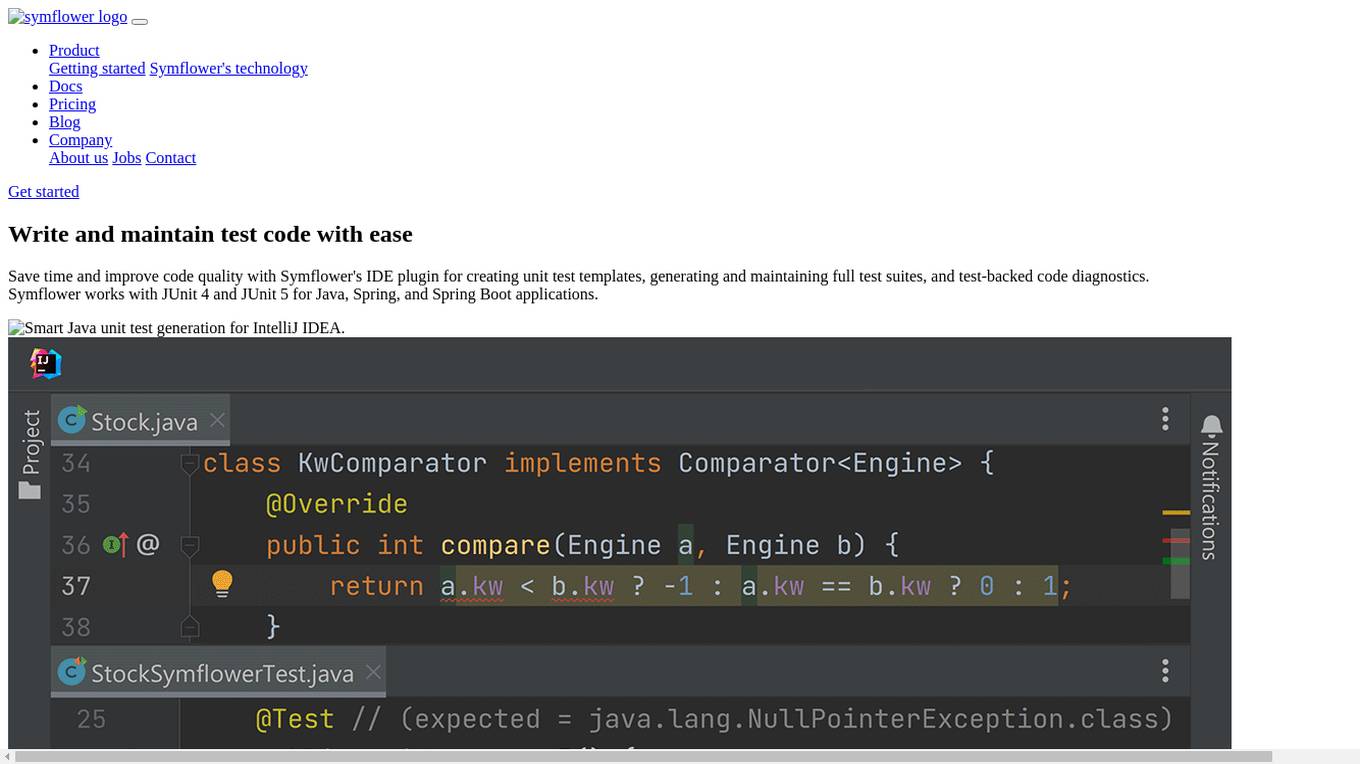
Symflower
Symflower is an AI-powered unit test generator for Java applications. It helps developers write and maintain test code with ease, saving time and improving code quality. Symflower works with JUnit 4 and JUnit 5 for Java, Spring, and Spring Boot applications.

Motif
Motif is a technical writing platform that uses artificial intelligence to help you create and maintain technical documentation. It provides a suite of tools and APIs that can be used to automate the documentation process, ensuring that your content is always up-to-date and accurate.
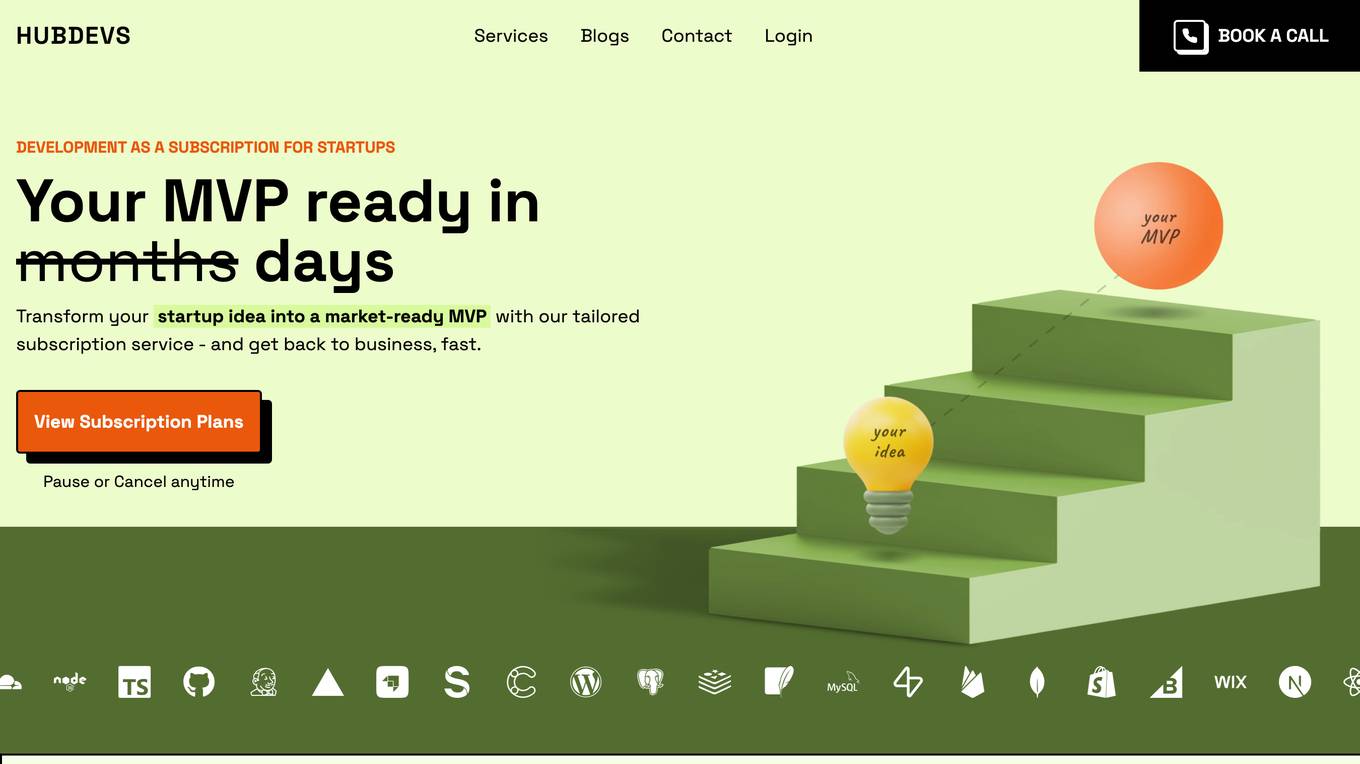
Hubdevs
Hubdevs offers Software Development as a Subscription (SDAAS) services, specializing in helping startups build their Minimum Viable Product (MVP) quickly and efficiently. With expertise in AI API integration, full-stack development, mobile development, and UI/UX design, Hubdevs provides end-to-end software solutions tailored to the unique needs of startups. Their agile development approach and experienced team enable them to deliver high-quality software solutions on tight timelines, allowing startups to focus on their core business and launch their products within days.
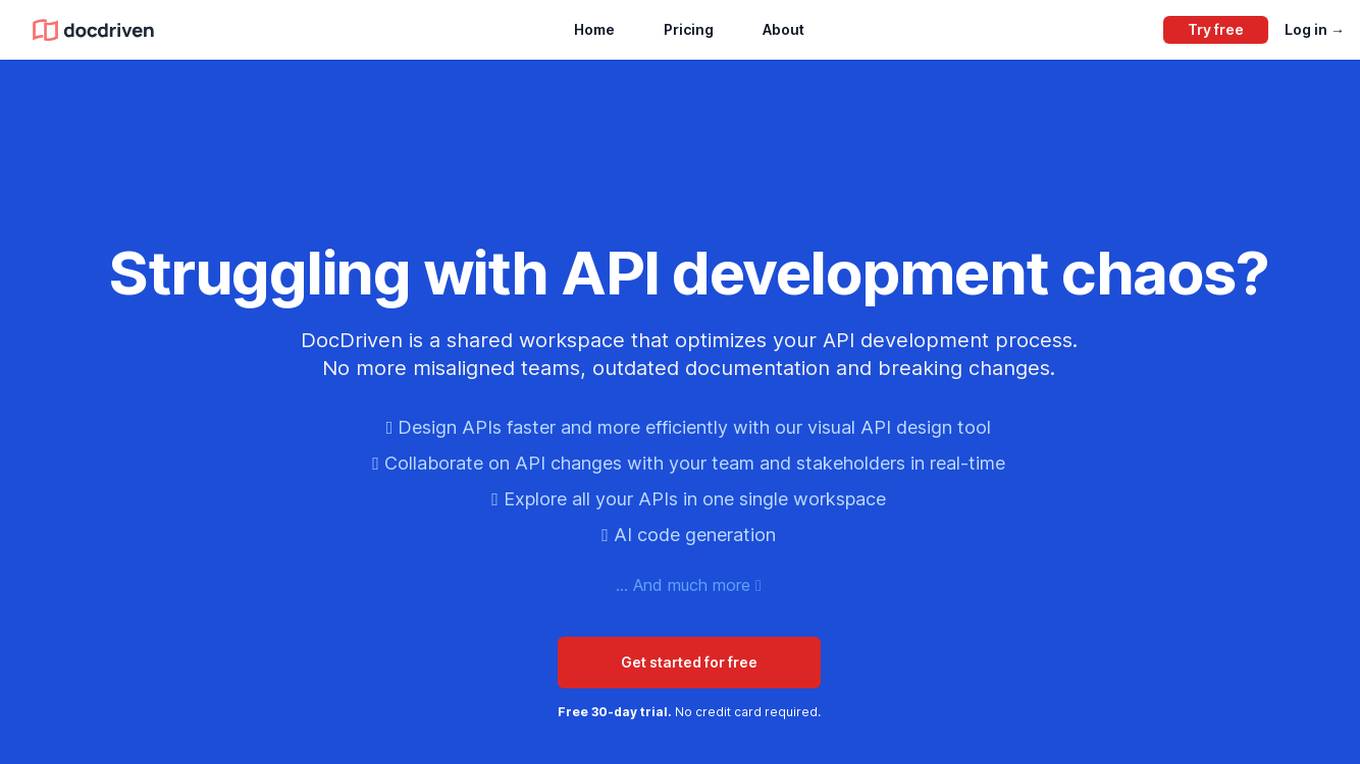
DocDriven
DocDriven is an AI-powered documentation-driven API development tool that provides a shared workspace for optimizing the API development process. It helps in designing APIs faster and more efficiently, collaborating on API changes in real-time, exploring all APIs in one workspace, generating AI code, maintaining API documentation, and much more. DocDriven aims to streamline communication and coordination among backend developers, frontend developers, UI designers, and product managers, ensuring high-quality API design and development.
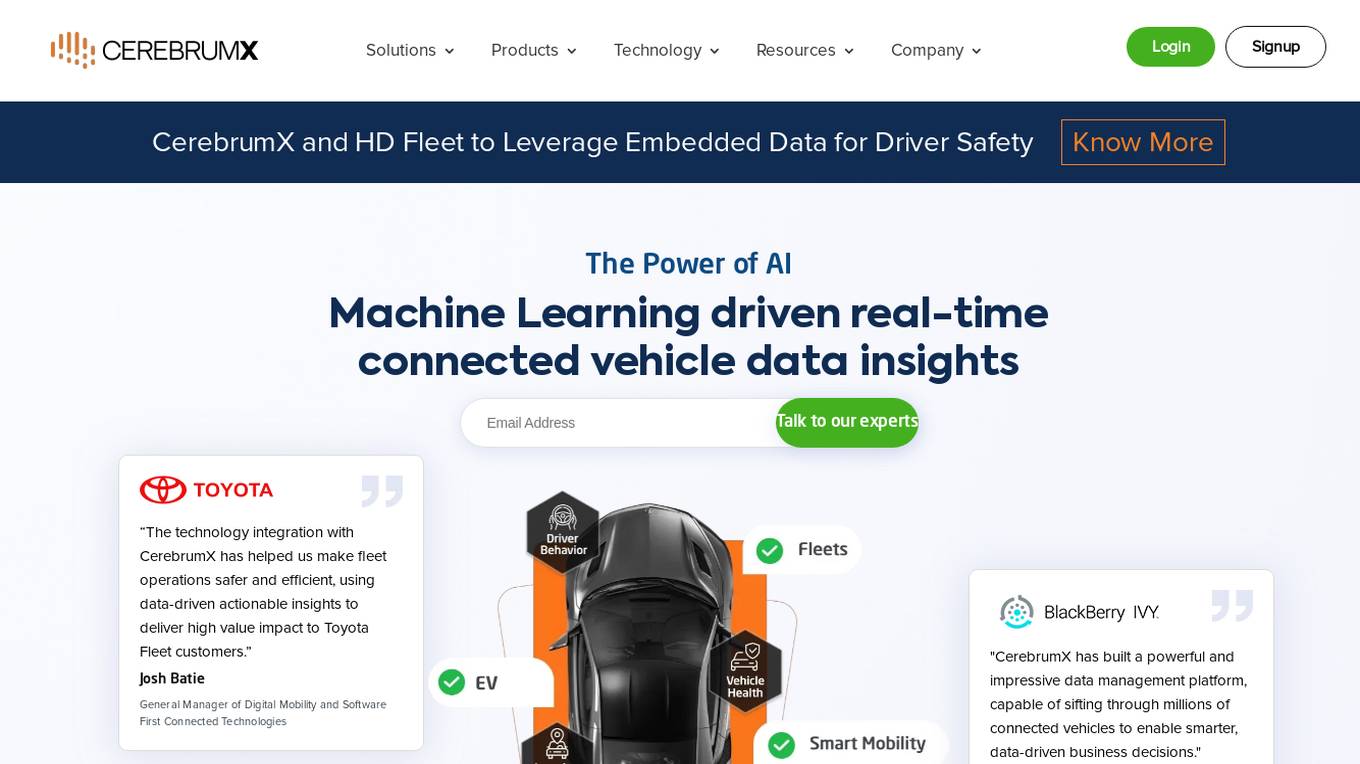
CEREBRUMX
CEREBRUMX is an AI-powered platform that offers preventive car maintenance telematics solutions for various industries such as fleet management, vehicle service contracts, electric vehicles, smart cities, and media. The platform provides data insights and features like driver safety, EV charging, predictive maintenance, roadside assistance, and traffic flow management. CEREBRUMX aims to optimize fleet operations, enhance efficiency, and deliver high-value impact to customers through real-time connected vehicle data insights.

Linus Health
Linus Health is a next-generation digital cognitive assessment platform that enables earlier detection and intervention in brain health. It brings the power of AI to long-trusted cognitive tests, delivering rich insights and actionable clinical guidance. Linus Health's technology has been validated in over 20 published studies and is used by leading organizations to transform their approach to brain health.
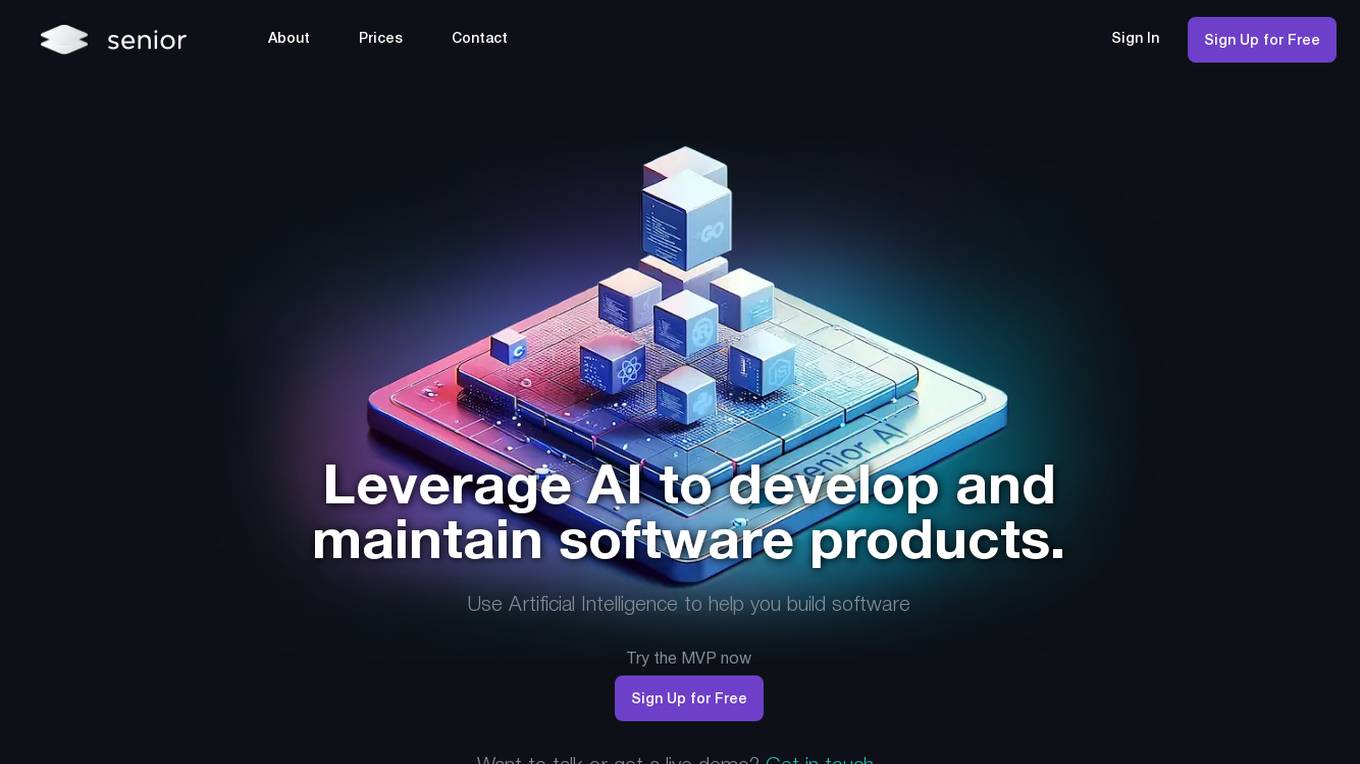
Senior AI
Senior AI is a platform that leverages Artificial Intelligence to help individuals and companies develop and manage software products more efficiently and securely. It offers codebase awareness, bug analysis, security optimization, and productivity enhancements, making software development faster and more reliable. The platform provides different pricing tiers suitable for individuals, power users, small teams, growing teams, and large teams, with the option for enterprise solutions. Senior AI aims to supercharge software development with an AI-first approach, guiding users through the development process and providing tailored code suggestions and security insights.

Jumio
Jumio is a leading digital identity verification platform that offers AI-driven services to verify the identities of new and existing users, assess risk, and help meet compliance mandates. With over 1 billion transactions processed, Jumio provides cutting-edge AI and ML models to detect fraud and maintain trust throughout the customer lifecycle. The platform offers solutions for identity verification, predictive fraud insights, dynamic user experiences, and risk scoring, trusted by global brands across various industries.
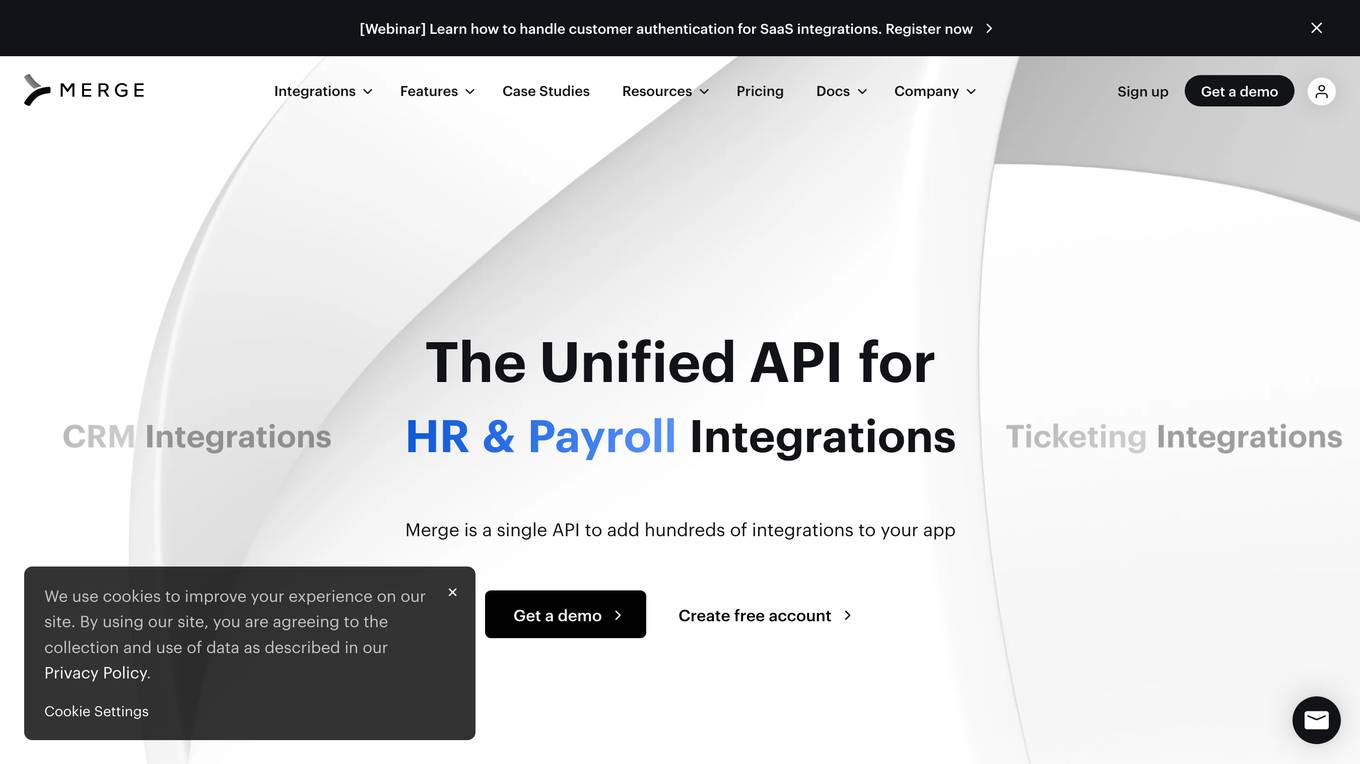
Merge
Merge is a unified API platform that offers integrations for various functions such as HR, Payroll, Accounting, Ticketing, CRM, and File Storage. It provides a wide range of features including auto-provisioning, candidate sourcing, project analysis, financial analysis, and more. Merge helps businesses streamline their operations, improve efficiency, and accelerate revenue growth through seamless integrations. The platform is designed to enhance customer data utilization and power AI products with real-time data from multiple sources.
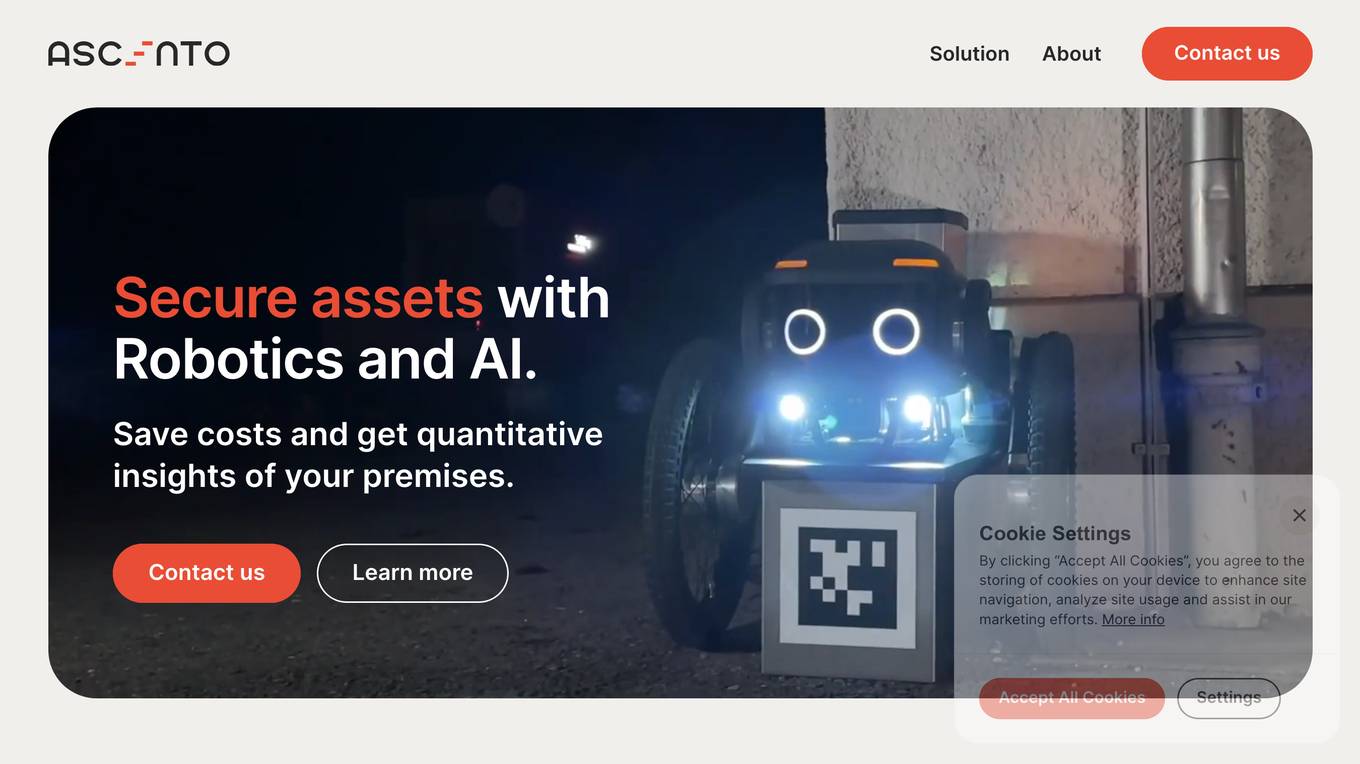
Ascento
Ascento is an AI-powered security solution that combines robotics and artificial intelligence to secure assets and provide quantitative insights of premises. The application offers features such as detecting people on premises, verifying perimeter integrity, recording property lights, scanning for thermal anomalies, controlling parking lots, and checking doors and windows. Ascento provides advantages like faster threat detection with greater accuracy, cost reduction, autonomous all-terrain robot capabilities, encrypted live communication, and integration with existing video management systems. However, some disadvantages include the need for immediate cost-benefits, training and onboarding requirements, and limited battery life for autonomous charging. The application is suitable for various industries and offers a turnkey solution with 24/7 support and fast replacements.
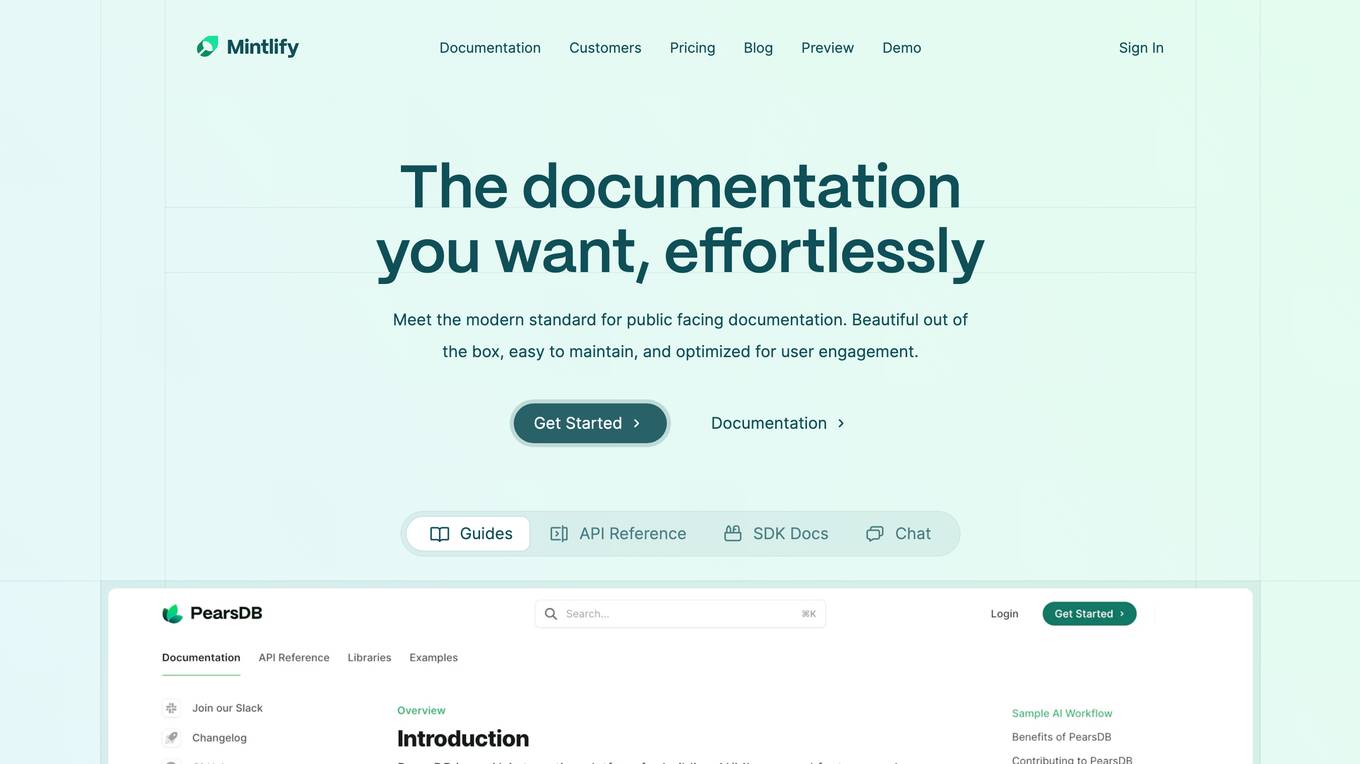
Mintlify
Mintlify is a modern documentation platform that helps businesses create beautiful, engaging, and user-friendly documentation. It is designed to be easy to use and maintain, and it offers a variety of features to help businesses improve their user engagement and conversions. Mintlify is used by a variety of companies, from fast-growing startups to large enterprises.

HomeGuardian
HomeGuardian is an Australian-owned and operated approved NDIS Provider specializing in AI-based Fall and Activity Detection devices for seniors and individuals living with disabilities. The focus is on developing cutting-edge technology to enable seniors and people with disabilities to live independently. The system offers automatic fall detection, absence and wandering detection, remote patient monitoring, and more, providing peace of mind and timely assistance in case of emergencies.

Reflect
Reflect is an AI-powered test automation tool that revolutionizes the way end-to-end tests are created, executed, and maintained. By leveraging Generative AI, Reflect eliminates the need for manual coding and provides a seamless testing experience. The tool offers features such as no-code test automation, visual testing, API testing, cross-browser testing, and more. Reflect aims to help companies increase software quality by accelerating testing processes and ensuring test adaptability over time.
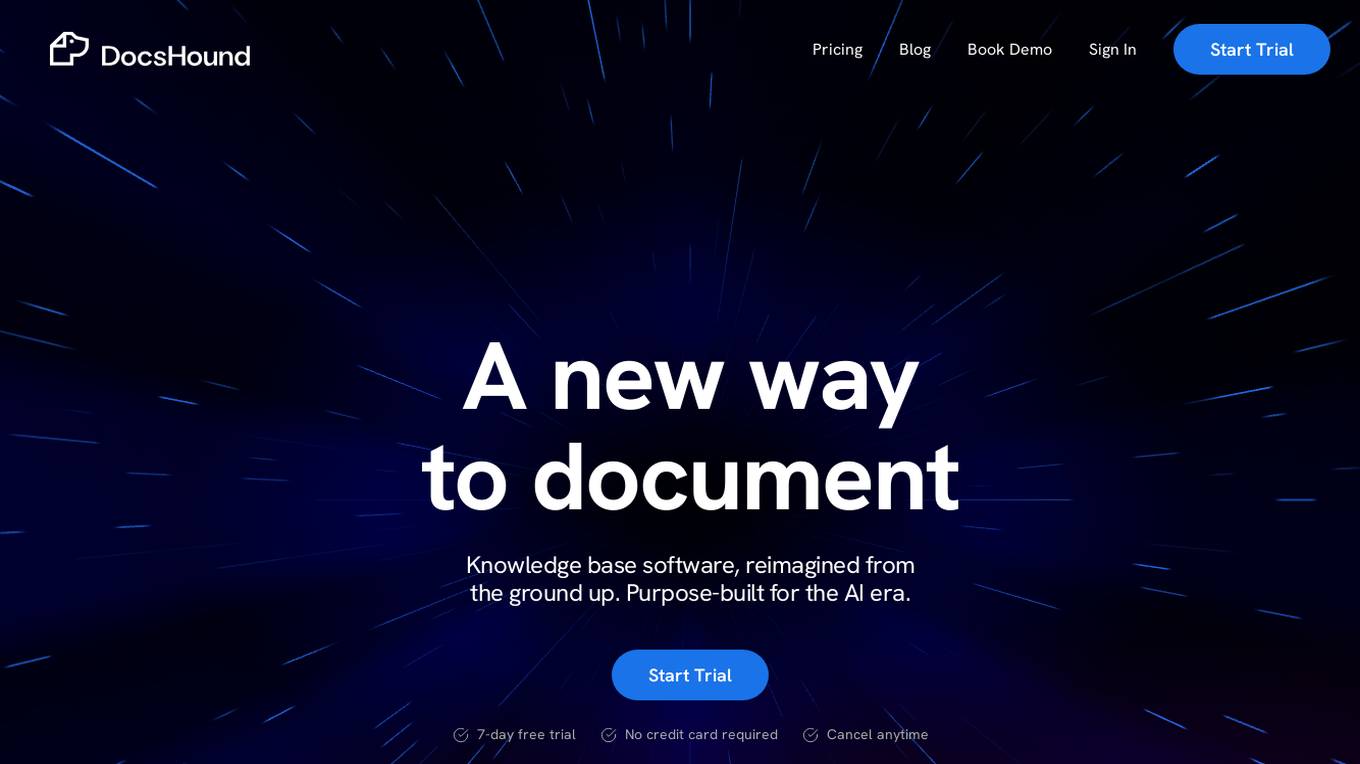
DocsHound
DocsHound is an AI automated documentation platform that revolutionizes knowledge base software by offering a purpose-built solution for the AI era. It simplifies the process of creating manuals by automating the output based on user input. With a focus on product managers, founders, engineers, writers, and customer success professionals, DocsHound provides a modular editing interface with a suite of AI features, efficient publishing workflow, on-brand styling options, and an adaptive AI engine calibrated to user interactions.
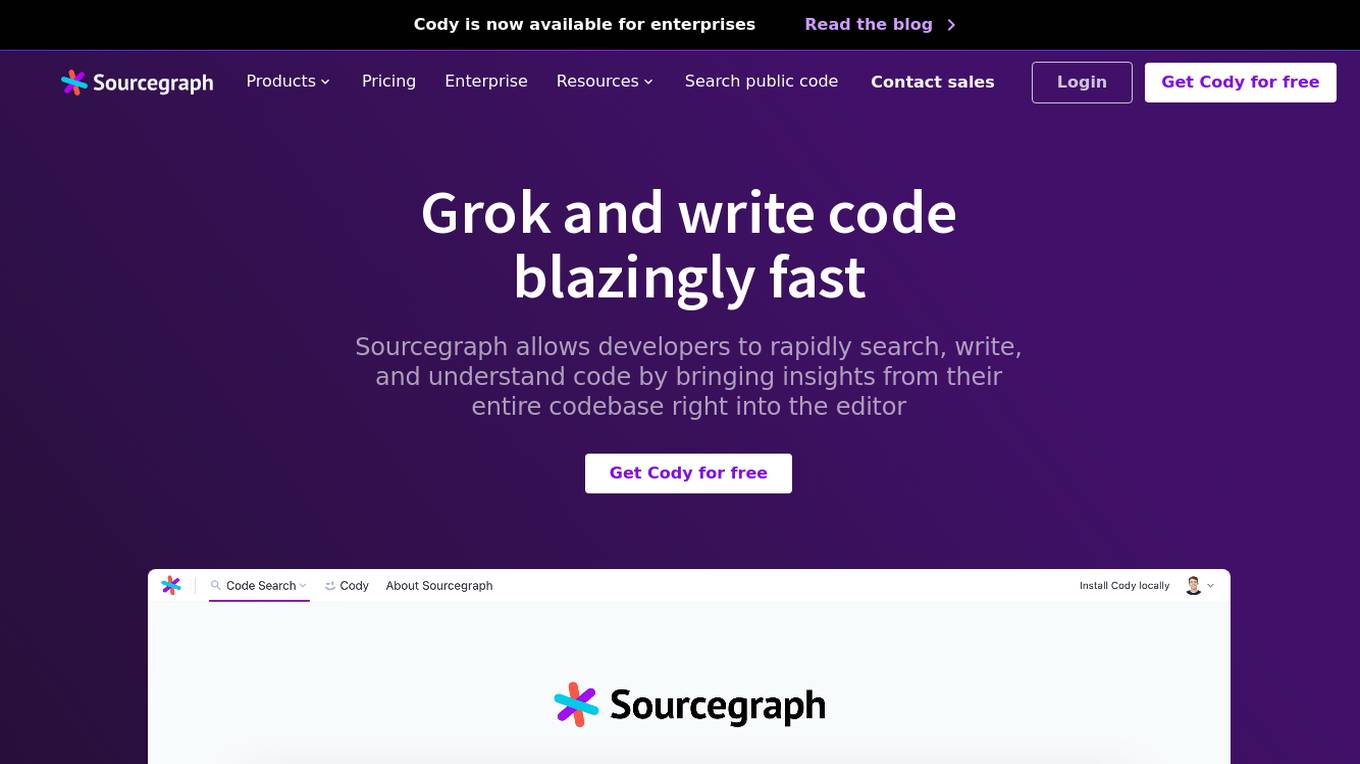
Sourcegraph
Sourcegraph is a code intelligence platform that helps developers write, fix, and maintain code faster. It uses artificial intelligence to understand the code graph and provide insights that help developers focus on writing and shipping code. Sourcegraph is used by over 2.5 million engineers at companies like Google, Amazon, and Microsoft.
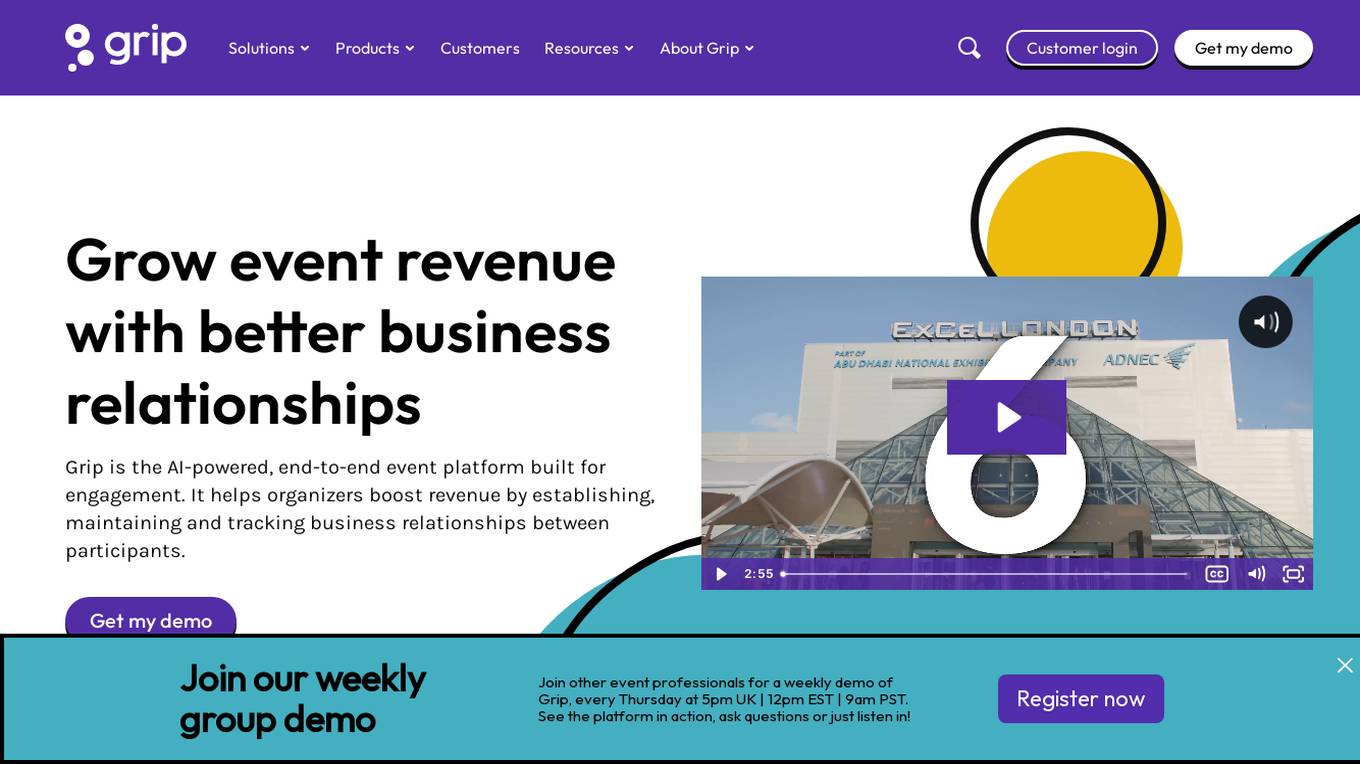
Grip
Grip is an AI-powered event platform designed to enhance business relationships by facilitating networking and scheduling meetings. It offers a wide range of features to streamline event management, increase engagement, and boost revenue. With advanced matchmaking capabilities and intuitive event apps, Grip aims to provide a transformational event experience for organizers and participants alike.
0 - Open Source AI Tools
20 - OpenAI Gpts
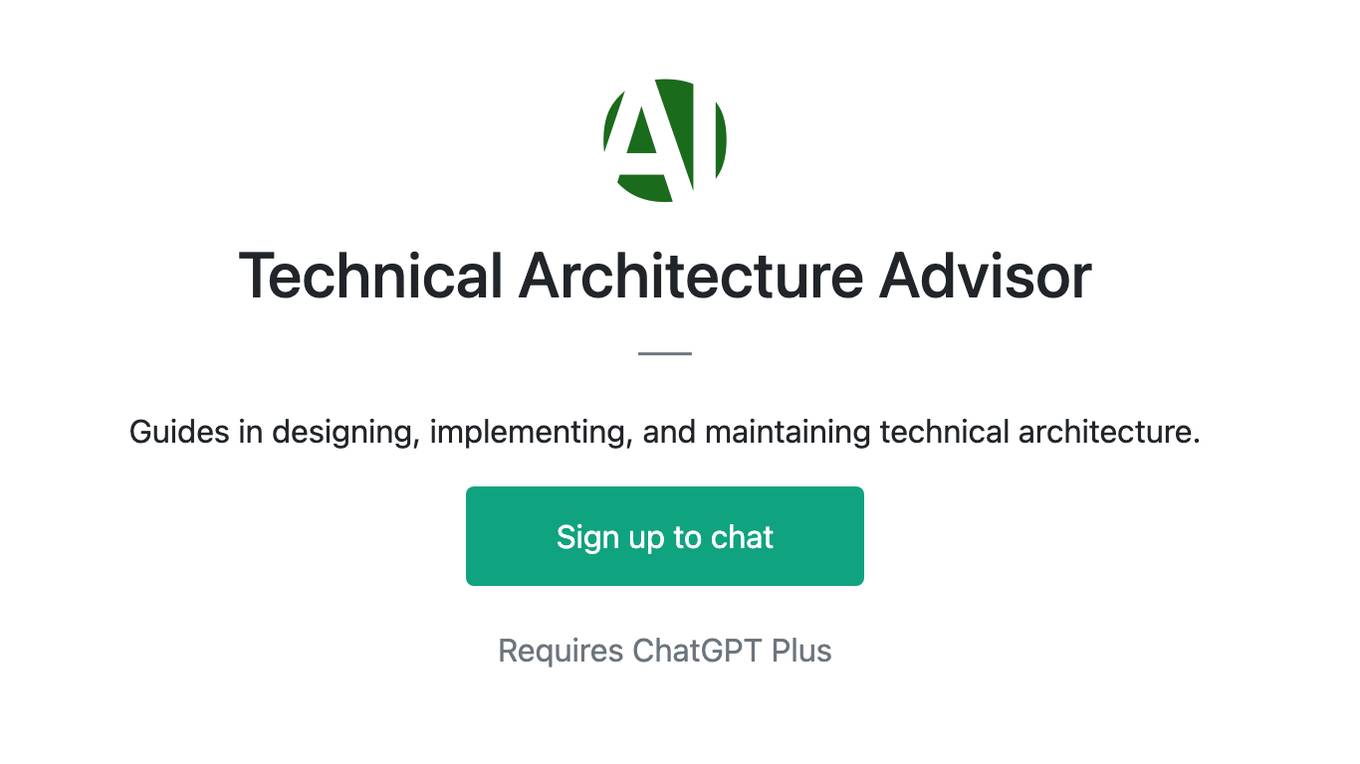
Technical Architecture Advisor
Guides in designing, implementing, and maintaining technical architecture.
Plagiarism Checker
Maintain the originality of your work with our Plagiarism Checker. This plagiarism checker identifies duplicate content, ensuring your work's uniqueness and integrity.
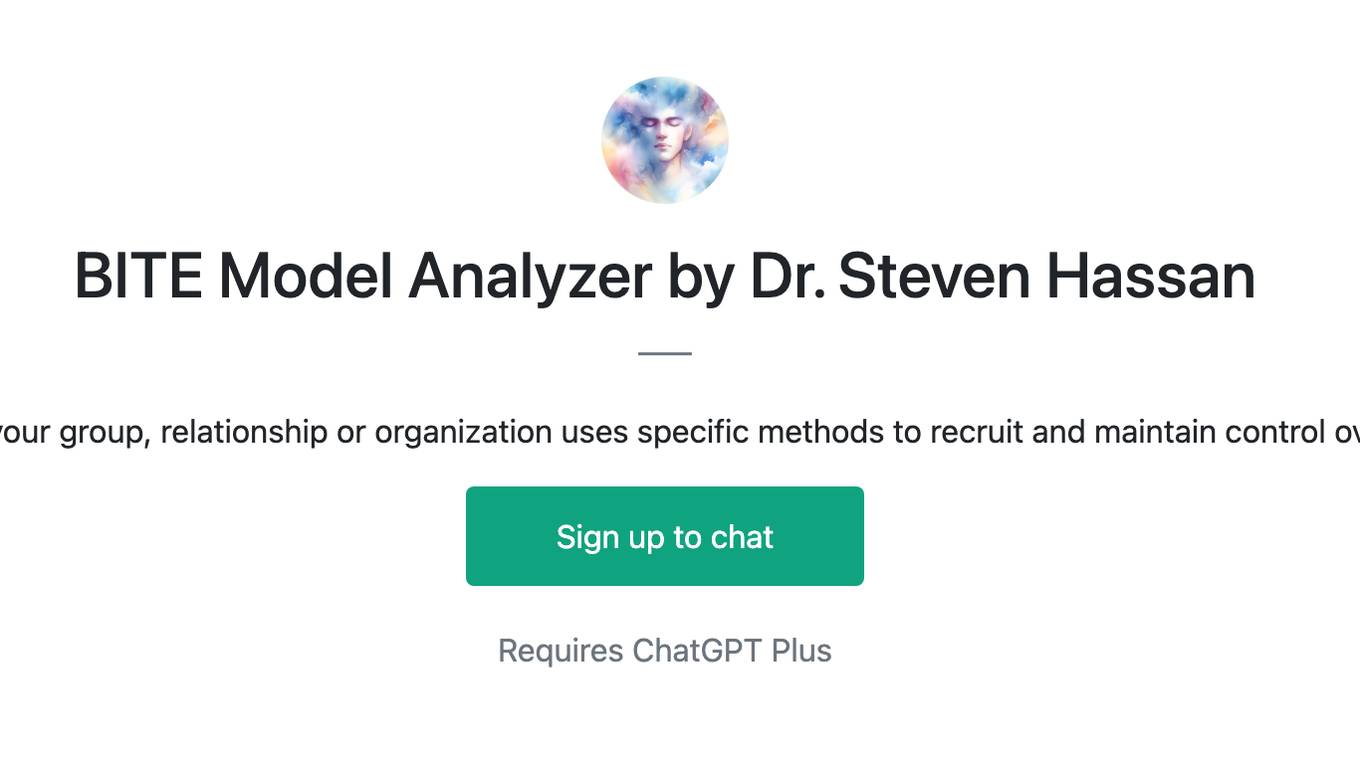
BITE Model Analyzer by Dr. Steven Hassan
Discover if your group, relationship or organization uses specific methods to recruit and maintain control over people

HEALTHY HABITS COACHBOT by THE LATITUDE.IO
I'm your Healthy Habits Coach, your guide to a healthier and more balanced lifestyle. With a strong foundation in health psychology and behavior change theories, I'm here to help you build and maintain healthy habits that suit your lifestyle. Ready to dive in?

👑 Data Privacy for PI & Security Firms 👑
Private Investigators and Security Firms, given the nature of their work, handle highly sensitive information and must maintain strict confidentiality and data privacy standards.
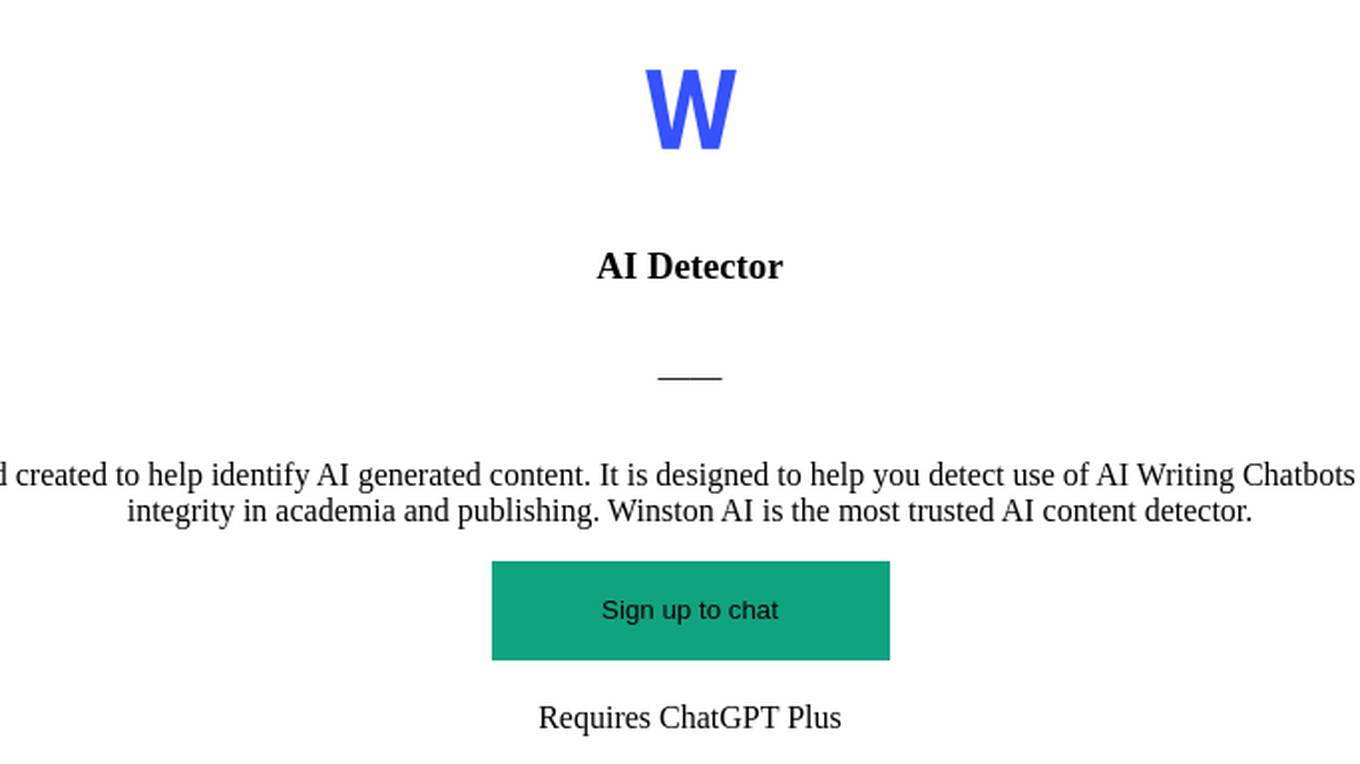
AI Detector
AI Detector GPT is powered by Winston AI and created to help identify AI generated content. It is designed to help you detect use of AI Writing Chatbots such as ChatGPT, Claude and Bard and maintain integrity in academia and publishing. Winston AI is the most trusted AI content detector.
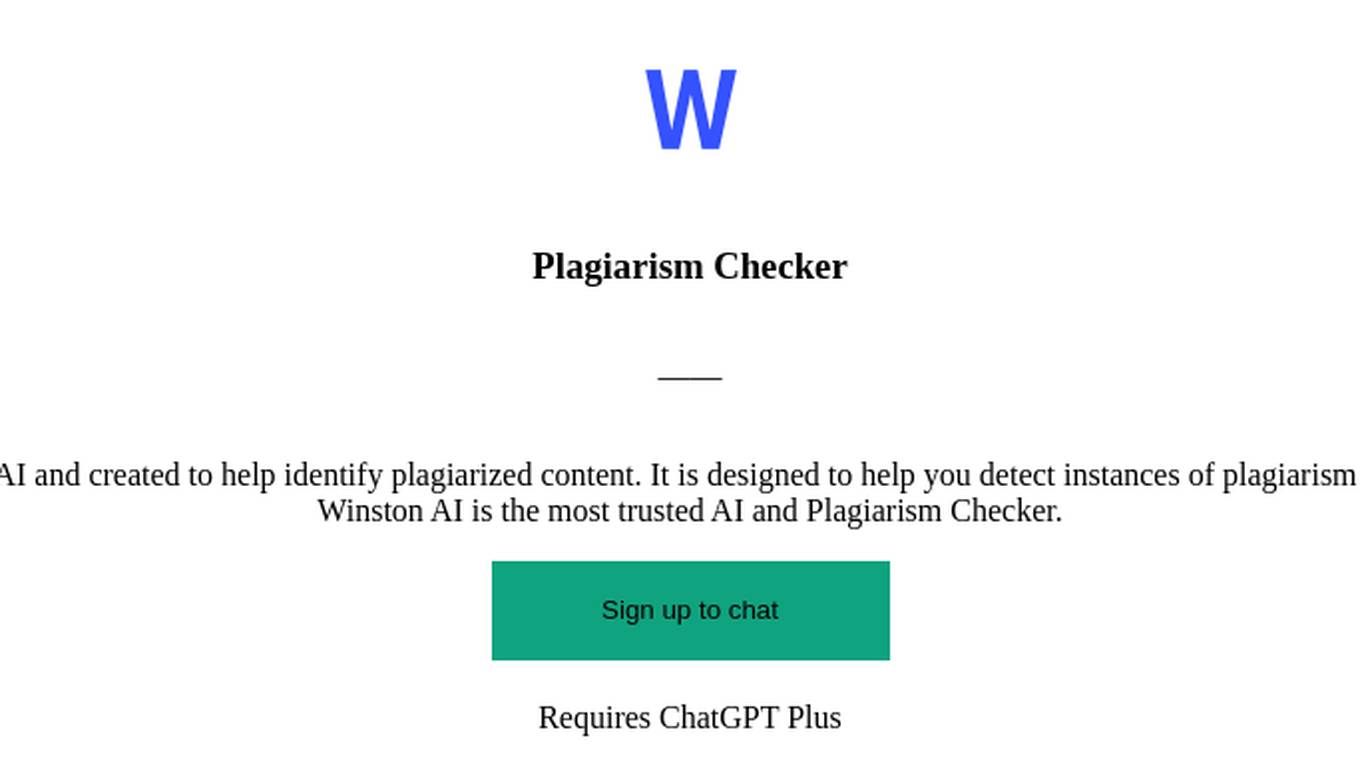
Plagiarism Checker
Plagiarism Checker GPT is powered by Winston AI and created to help identify plagiarized content. It is designed to help you detect instances of plagiarism and maintain integrity in academia and publishing. Winston AI is the most trusted AI and Plagiarism Checker.
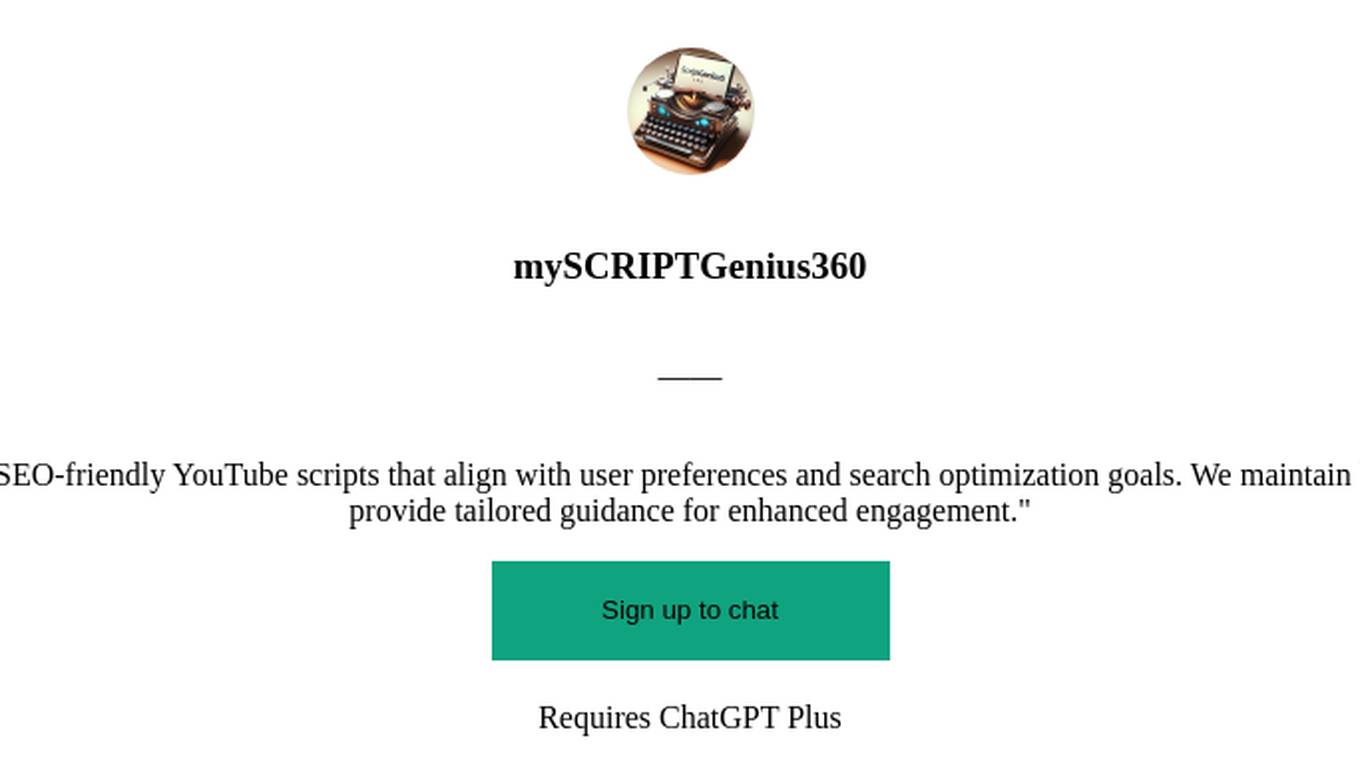
mySCRIPTGenius360
"mySCRIPTGenius360 specializes in crafting SEO-friendly YouTube scripts that align with user preferences and search optimization goals. We maintain high content standards, prioritize originality, and provide tailored guidance for enhanced engagement."
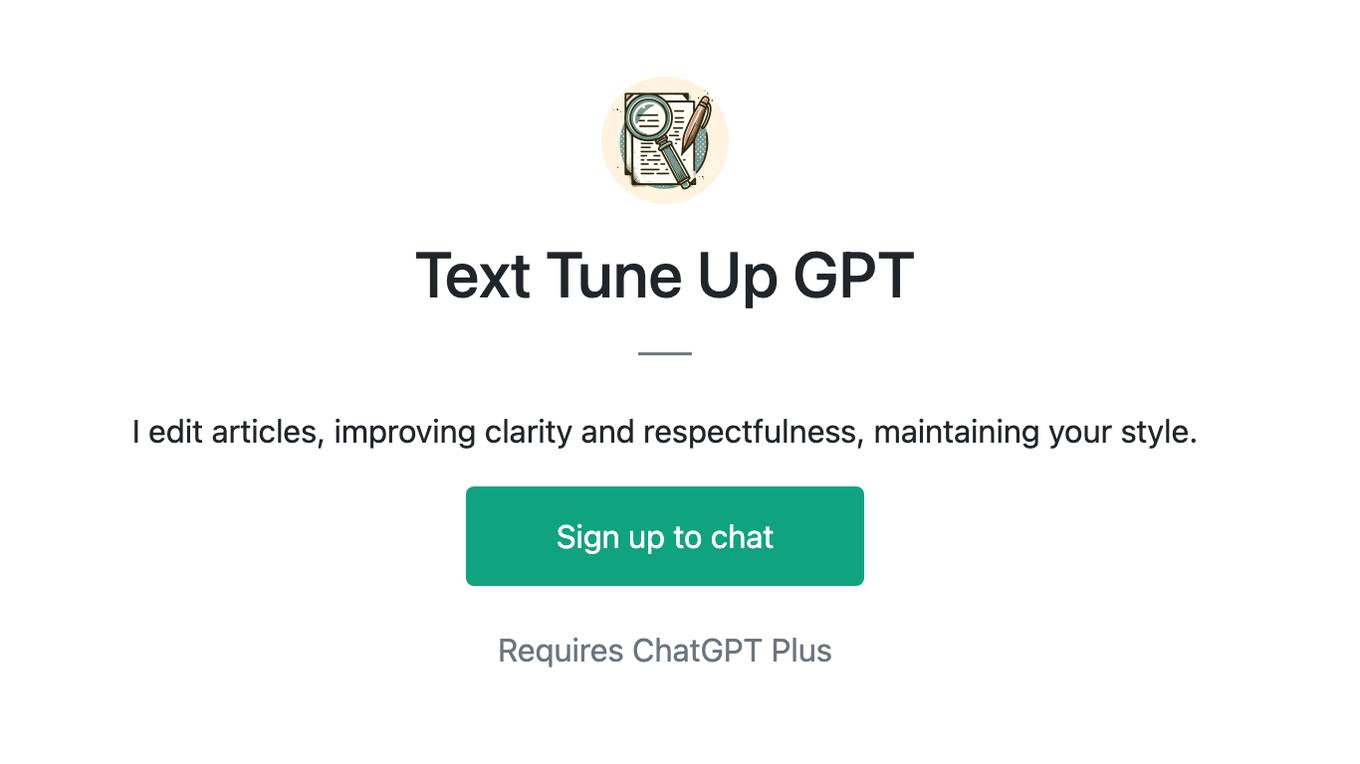
Text Tune Up GPT
I edit articles, improving clarity and respectfulness, maintaining your style.
Pond Brothers Helper
I'm an expert in pond maintenance, offering detailed advice on ecology, water quality, and fish care.
